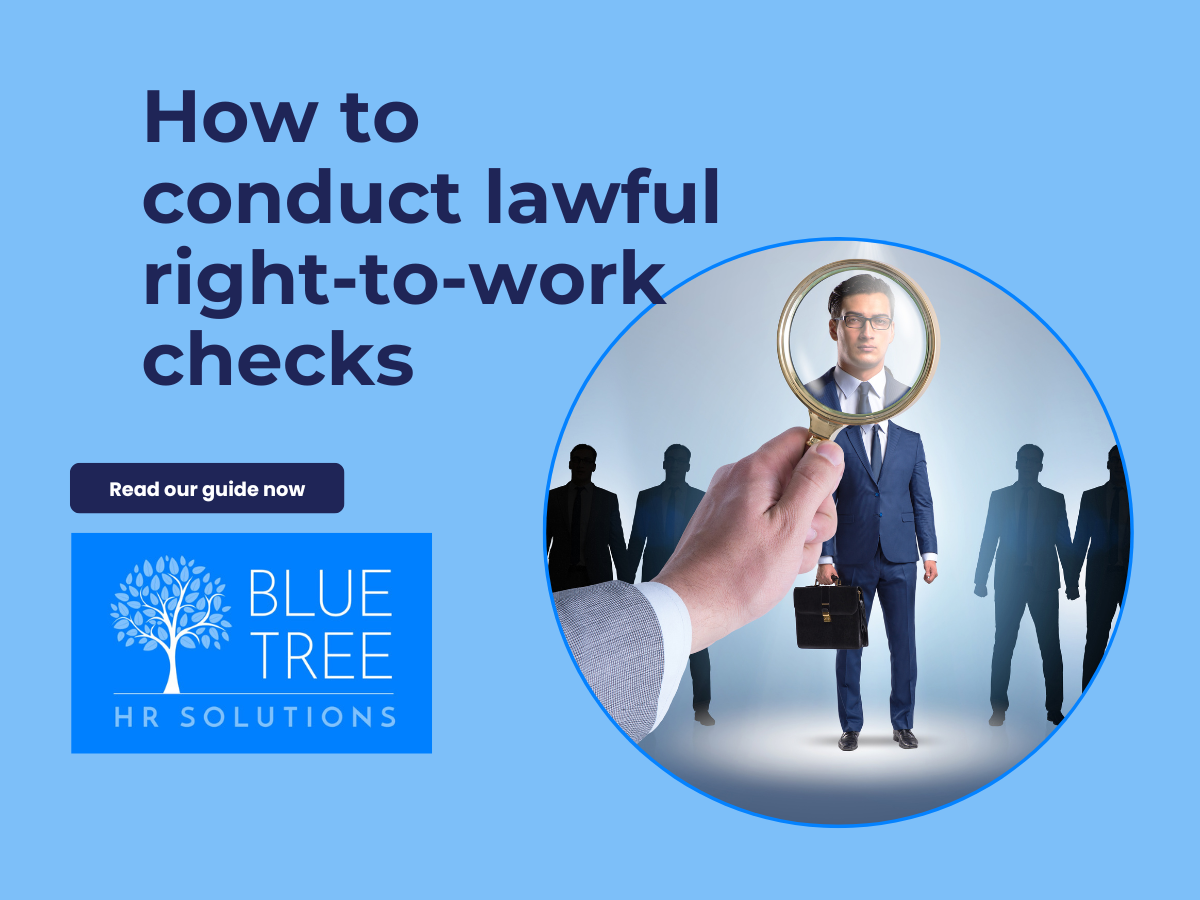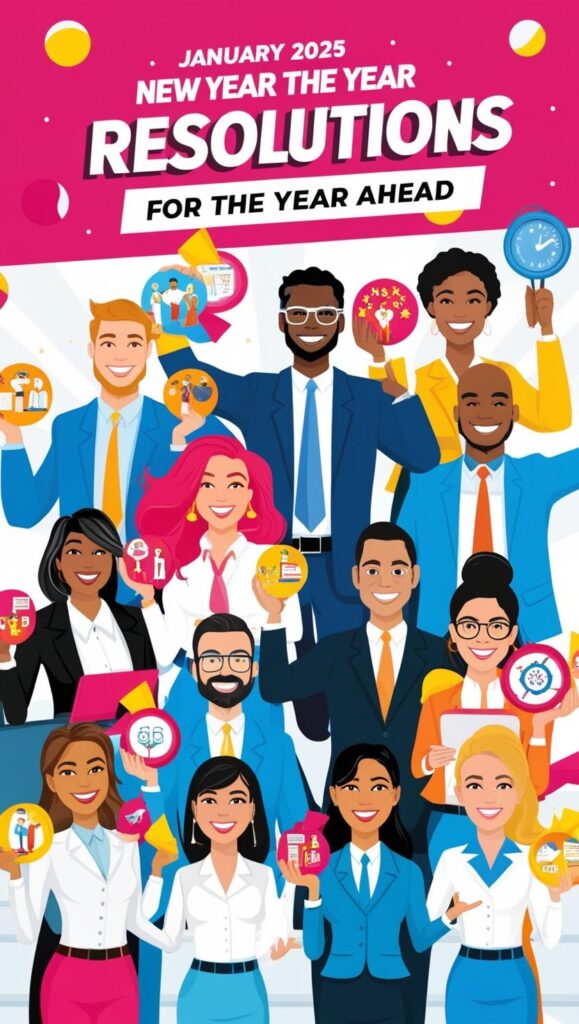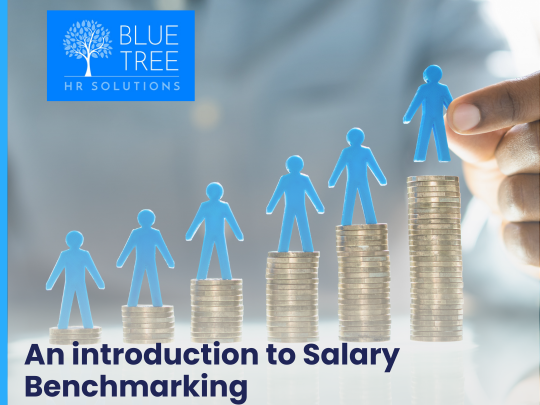
How an HR budget will save you money this year
Most businesses say they don’t have an HR budget.
What they usually mean is that they don’t have a planned one.
In reality, most businesses are already spending money on HR. They just don’t think of it that way.
HR costs tend to show up reactively. A grievance that needs handling. An investigation that takes up management time. External advice brought in once something has already escalated.
By the time these costs become visible, they’re often higher than expected and harder to control.
What we’re seeing more of is business owners stepping back and asking a simple question:
“What has HR actually cost us over the last year?”
When you add up things like grievances, disciplinaries, management time, sickness linked to unresolved issues and recruitment after avoidable exits, you’d be surprised how it mounts up.
If you haven’t already, set aside 30 minutes this month to add up what HR has really cost your business. Most businesses have never done that and it’s usually an eye-opener.
For many businesses, redirecting a small part of that reactive spend into more proactive HR support is enough to reduce risk, save money and give managers more confidence day to day.
If you’d like help with reviewing your current HR spend or planning a more proactive HR budget, we can help you to talk it through and sense check the numbers.
And if you’d like the full detail, including how to spot hidden HR costs and understand what proactive HR support looks like in practice, get in touch for a copy of our latest guide on creating an HR budget.
What one company did to tackle loneliness at work and why it worked
A Swedish company has trialled a “friendship hour”, giving employees paid time to socialise, with staff reporting that they felt happier and less isolated.
The initiative was introduced to tackle workplace loneliness, particularly during the darker winter months when wellbeing often dips. The trial shows that simple, human-focused interventions can have a real impact.
Food for thought: wellbeing doesn’t always need formal programmes, sometimes creating space for connection is enough.
Government-backed training highlights the role managers play in preventing long-term sickness
Earlier this year, the government funded free occupational health training to 5,000 line managers in small businesses, aimed at helping them to spot early signs that someone might be struggling, such as ongoing fatigue, changes in behaviour or rising absence.
With long-term sickness now affecting millions of workers and costing businesses thousands per employee, the initiative highlights a familiar pattern: absence problems often get worse because conversations happen too late or managers don’t feel confident starting them.
While the results of this initiative are yet to be announced, the message will feel familiar to many business owners. Absence management works best when issues are picked up early, conversations happen sooner rather than later and managers know when to step in before a situation becomes long-term or costly.
What to do when an employee is arrested
Learning that an employee has been arrested can feel alarming, but acting too quickly can create unnecessary risk. An arrest is not the same as a charge or a conviction and many cases go no further.
The key is proportionality: understand where things are in the legal process, consider whether it’s relevant to the role and respond calmly with the right policies and conversations in place.
Recruit or reorganise?
Employing people is getting more expensive.
Not just salary, but the wider costs and obligations that come with being an employer, especially with the Employment Rights Act coming into force.
When work increases and your people feel stretched, the instinct is to hire.
That reaction makes sense. But with rising employment costs, payroll forecasting now needs more thought than it used to.
Every new hire is a long-term cost, not a short-term fix.
Before recruiting, it’s worth stopping and asking:
“Do we actually have a resourcing issue or a structure one?”
In many businesses, roles have grown organically. Work has been added on. Responsibilities overlap. Skilled people are spread thin or doing work that no longer makes sense.
The capability is often already there, just not structured properly.
Stepping back to look at organisation design can be a quicker, cheaper and more effective way to create capacity than recruiting straight away.
If you would benefit from an external pair of experienced eyes to review your situation, get in touch and we can talk it through.
Q&A
Can I ask staff to share their work location if they are working remotely?
Yes, as long as there’s a clear business reason. For example, health and safety, data security or knowing where people are working for operational reasons. Be clear about why you’re asking and avoid collecting more information than you actually need.
What should I do if an employee refuses to complete mandatory training?
Start by understanding why they’re refusing. If the training is genuinely mandatory for the role (for safety, legal or operational reasons), make that clear and give them a reasonable opportunity to complete it. If they still refuse, it may become a conduct or performance issue that needs to be managed formally.
Can I tell staff they cannot bring their personal phone on to the shop floor or job site?
Yes. You can set reasonable rules around personal phones at work, especially for safety, security or productivity reasons. Make sure the rule is clear, applied consistently and allows for exceptions where appropriate, such as emergencies.





















